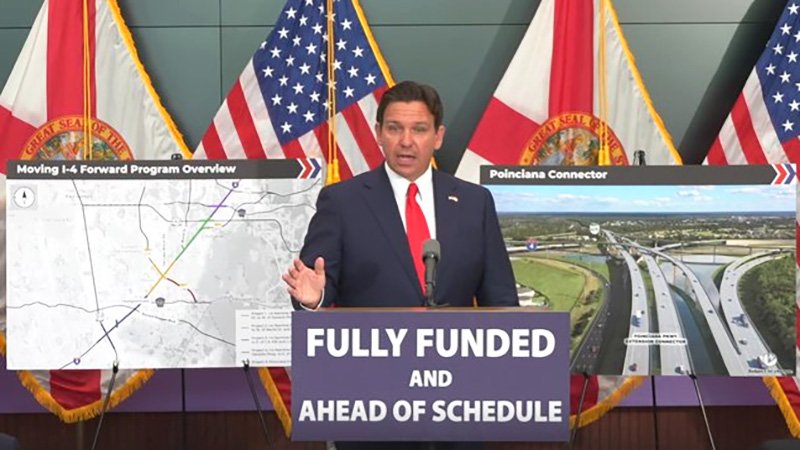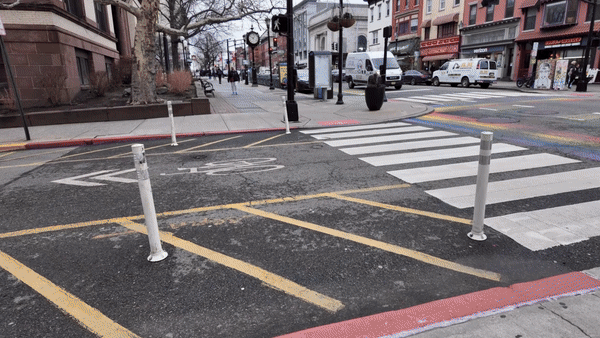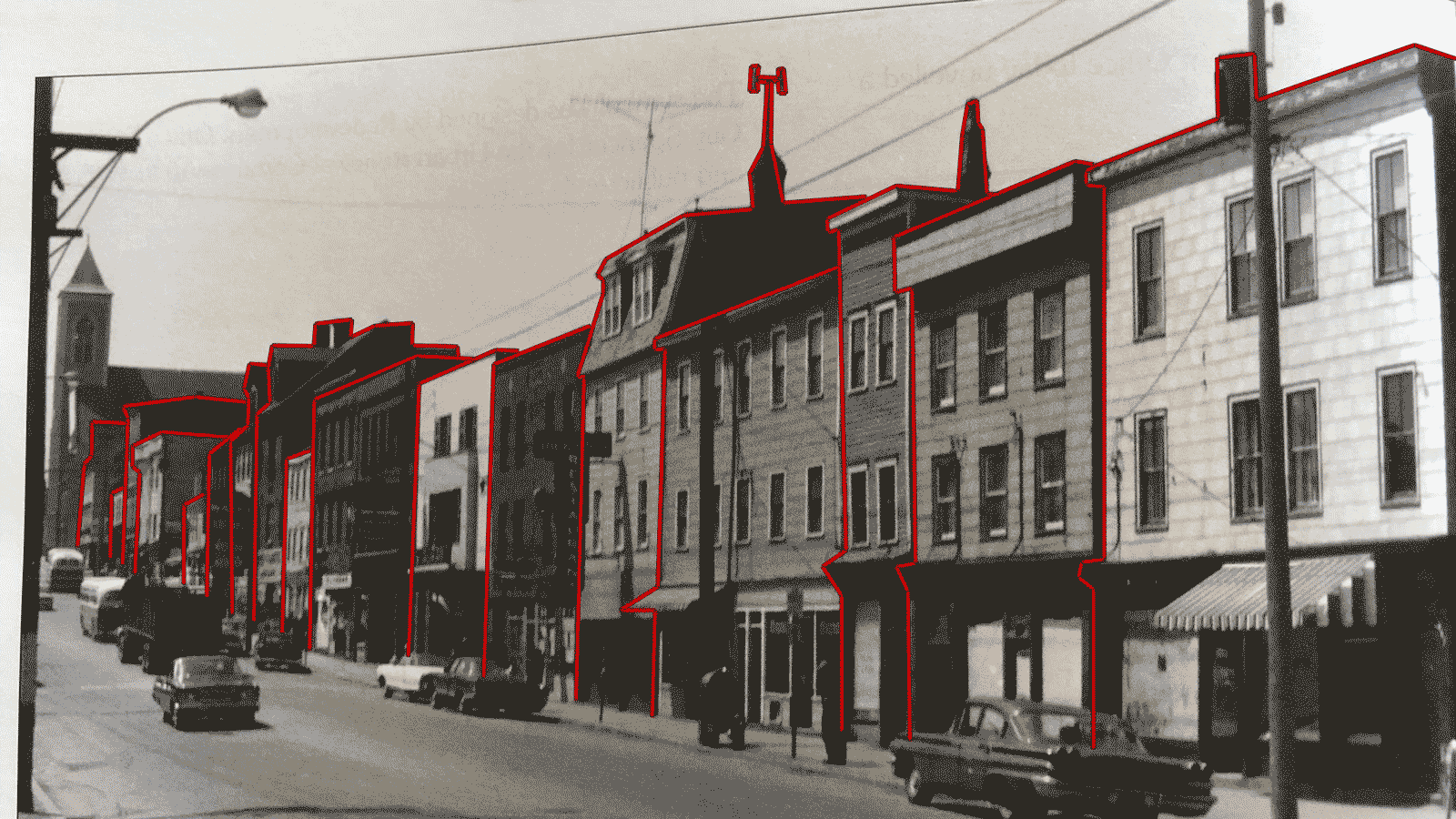Florida Governor Ron DeSantis signed legislation to accelerate road projects, claiming it will make driving less miserable. However, driving in Florida isn’t miserable because of a lack of roads —it’s miserable because the road network is designed in nonsensical, dangerous ways that increase congestion and make it impossible to drive anywhere in a straight line.
Read MoreMany cities in the United States are experiencing a housing crisis, with pressure growing for someone to find a solution. But is an official solution even possible? With dysfunctional institutions and a divided culture, the “solution” might come down to individuals doing what they can in the moment.
Read MoreAs prices rise, housing affordability has become an increasingly popular topic of discussion across North America. However, in our current system, affordable housing is an oxymoron: Housing is treated as an investment, and good investments constantly increase in price. To escape this paradox, we must change the way we think about housing.
Read MoreIf we listen to those concerned about housing affordability, rents are already too high and may only go higher. If we listen to those concerned about housing finance, rents are about to collapse. Can both of these narratives be true?
Read MoreWhen housing is scarce, the affordability and quality of it tend to go down. If we want to solve this, we need more housing supply—but how do we make that happen? (Hint: Not necessarily through large-scale federal programs!)
Read MoreThe financial struggles of Houston and the cities of the Silicon Valley area—as well as tens of thousands of others across North America—have the same underlying cause.
Read MoreLike so many places, Muskegon, MI, has a shortage of housing and a surplus of vacant lots. That’s why it’s enacted a program that allows it to redevelop those lots into affordable housing—at a low risk to the city.
Read MoreIt's not that cities can’t or shouldn’t learn from each other. But there simply aren’t the kind of drag-and-drop solutions that some pundits (who are either naïve or dishonest) would like to claim.
Read MoreLike many U.S. towns, Maumee, OH, has a state highway that cuts through their Uptown. For decades, it’s been known as a dangerous road…but no longer: the city is taking back its streets and making them places for people, not cars.
Read MoreHouston’s fiscal problems are less critical than other major cities with large budget shortfalls—yet, their mayor is correct when he said his city is broke, that the financial approach of the city is clearly not working. Here’s why.
Read MoreDemonizing the 91% of Americans who drive by putting them into the category of "asshole humans” is a bad and ultimately losing strategy for creating safer streets.
Read MoreThe unique planning and eclectic architecture of Savannah, GA, provide a PhD education on urban design—but there are also cautionary tales about development to be gleaned from this historic city.
Read MoreAmerican cities are too dependent on cars. Who says so? North Dakota Governor and former Republican presidential candidate Doug Burgum.
Read MoreFor the first time this year, I attended the YIMBYTown conference, the annual gathering of the YIMBY (Yes In My Backyard) movement. Here were my impressions.
Read MoreIs Fannie Mae TRYING for Housing Bubble 2.0?
Read MoreHoboken, NJ, has gained fame online for its safe streets. But does this urbanist’s paradise live up to the hype, in person? We sent Strong Towns Staff Writer Asia Mieleszko to do some on-the-ground investigating to find out.
Read MoreThis Netflix documentary about regions of the world with higher-than-average life expectancies holds some key insights for anyone who wants to see North American cities become thriving, healthy places for people.
Read MoreWhen Mike McGinn didn’t see any other mayoral candidates challenging a proposed highway expansion project in Seattle, he stepped up to the plate and won the election. This is the story of his ensuing fight to stop his city from making a costly mistake.
Read MoreIf you’re in the business of trying to change the world around you, sooner or later you’ll need to be a persuasive communicator—but being persuasive isn’t just about getting your facts right.
Read MoreA collection of historic photos helped this advocate show how urban renewal marred his hometown, and left an inhospitable mess in its wake.
Read More


















